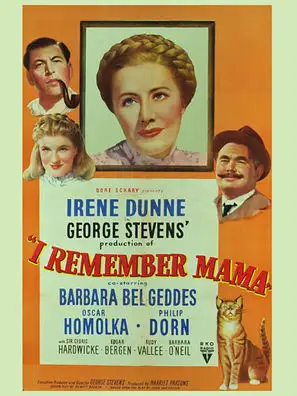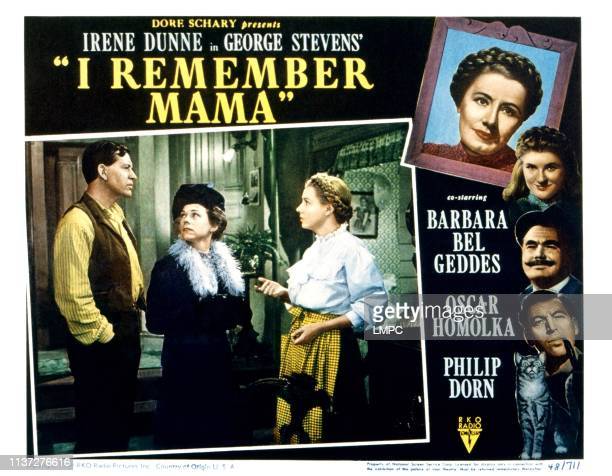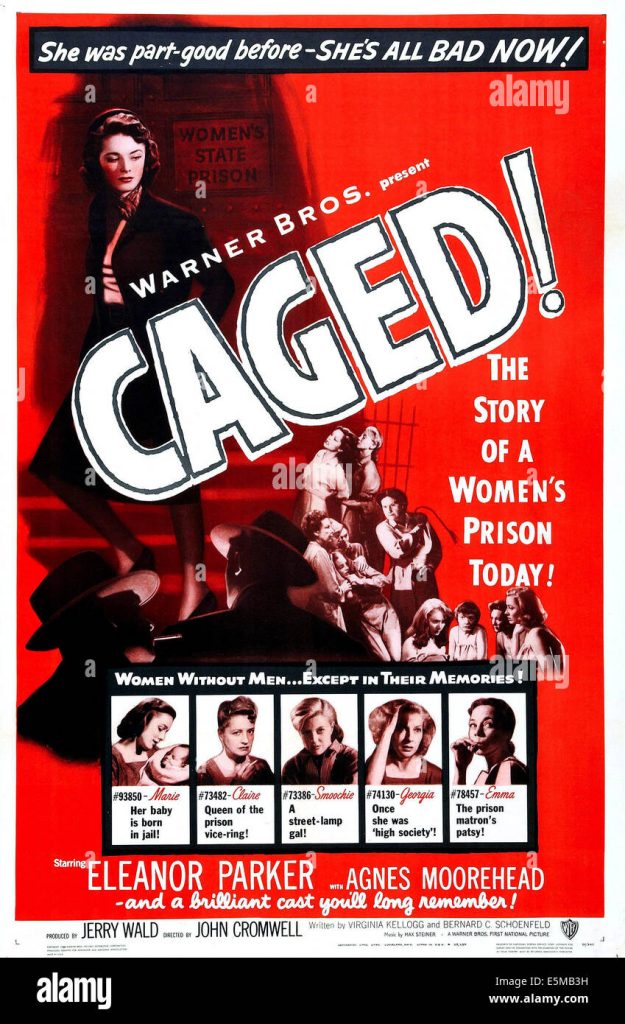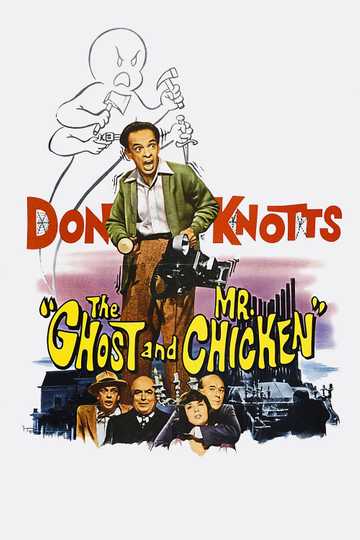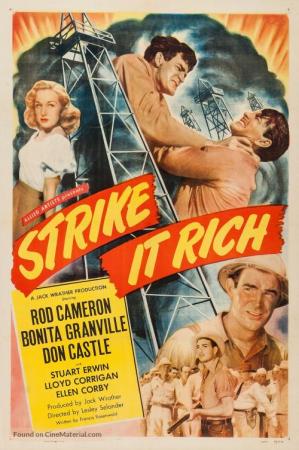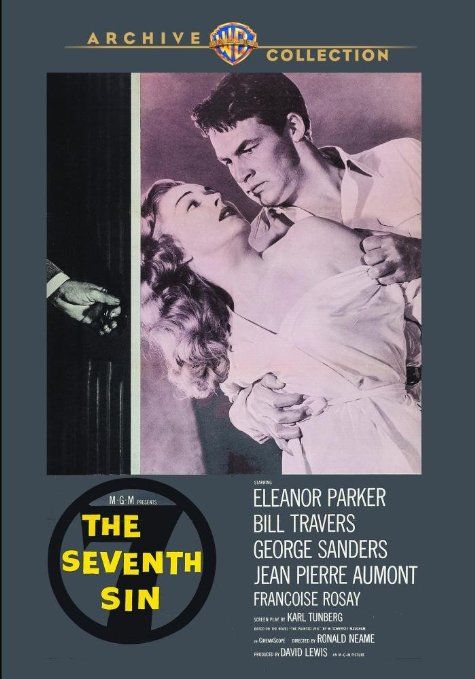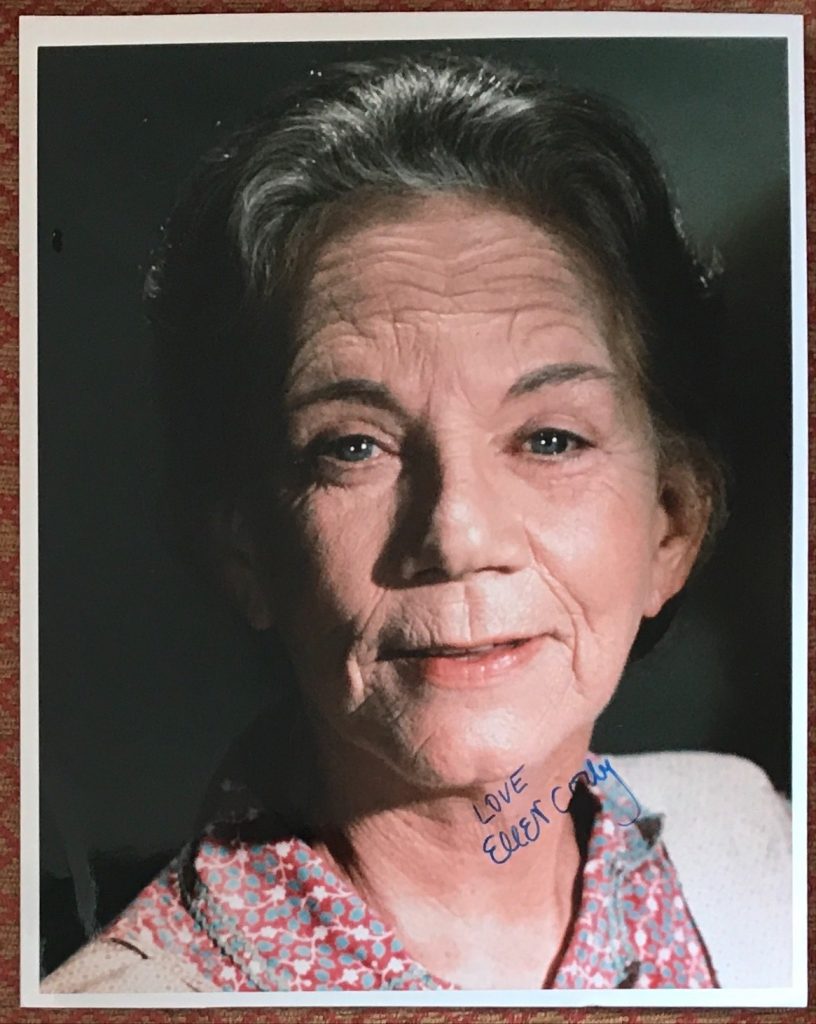
Ellen Corby is best known for her role as the grandmother in the long running television show “The Waltons”. She has also had a lenghty career as a character actress. She was born in 1911 in Racine, Wisconsin. Her movie debut came in “Rafter Romance” in 1933. Among her many supporting parts are films such as “The Spiral Staircase” in 1945, “Till the End of Time”, “It’s A Wonderful Life”, “I Remember Mama”, “Little Women” and “Madame Bovary” in 1949. Ellen Corby was in “The Waltons” from 1971 until 1980 returning to the show after suffering a stroke. She also starred in some Walton movies, the last been “A Walton Easter” in 1997. Ellen Corby died in 1999 at the age of 87.
Tom Vallance’s obituary of Ellen Corby in “The Independent”:
Of Scandinavian origin, she was born Ellen Hansen in Racine, Wisconsin in 1913 and started to work in the film industry as a continuity girl in 1934. After 12 years she switched to acting and made her screen debut in Henry Hathaway’s film noir The Dark Corner (1946), with a telling bit part as a cleaning woman who finds a dead body.
It was the first of many roles for the dark-haired, thin-lipped actress as servants, spinsters or gossipy neighbours in films including Cornered (1946), It’s A Wonderful Life (1946), The Spiral Staircase (1946) and Forever Amber (1947). Her finest screen role was in I Remember Mama (1947), George Stevens’s beguiling transcription of Kathryn Forbes’ novelised reminiscences of growing up as a part of a Norwegian family in San Francisco.
Corby was immensely touching as homely middle-aged Aunt Katrin who falls in love with the local undertaker (Edgar Bergen) and is fearful of her family’s scorn (“If they laugh at me I yump in the river”). Nominated for an Oscar as Best Supporting Actress, she had stiff competition (Barbara Bel Geddes in the same film, Jean Simmons in Hamlet, Agnes Moorehead in Johnny Belinda, and Claire Trevor, who won the award for her role in Key Largo).
Subsequent roles included that of a midwife delivering Emma Bovary’s child in Vincente Minnelli’s Madame Bovary and a prominent role in John Cromwell’s stark depiction of life in a women’s prison, Caged (1950). Corby provided welcome light relief in the film as the scatterbrained killer of her abusive husband (“Who is this Pearl Harbor?”).
In Allan Dwan’s torrid thriller Slightly Scarlet (1957) she was maidservant to red-headed sisters Rhonda Fleming and Arlene Dahl, and in Hitchcock’s Vertigo (1958) she was part of the film’s most contentious sequence, as the boarding-house receptionist who denies to the hero James Stewart that her tenant (Kim Novak) has been in the house that day though Stewart has seen her enter the building and appear at the window (the sequence is never explained).
Corby appeared frequently as a guest star on television series, and was in so many western shows (including Wagon Train, The Virginian and Rifleman) that she was awarded the Golden Boot Award by the Motion Picture and Television Fund in 1989. She had her first regular role in a television series as Martha the family maid in Please Don’t Eat The Daisies, based on Jean Kerr’s book about an unusual suburban family.
The show ran for two years (1965-67), but it was The Waltons, first transmitted in 1972, which was to prove the greatest success of Corby’s career. Based on Earl Hamner Jr’s reminiscences of his childhood during the Depression years in the South, and set in the Blue Ridge Mountains of rural Jefferson County, Virginia, it was considered the most wholesome of television programmes with moralistic homilies a-plenty. To the surprise of many, it proved an enormous hit and vanquished its main competition, The Flip Wilson Show, then one of the most popular on television.
The warm family drama, seen through the eyes of the eldest son John Boy, who wanted to be a novelist, was reputedly not a big hit in the large cities, but was loved by middle and rural America as well as in many other countries, including Britain. For her role as acerbic Esther (Grandma) Walton, Corby won the Emmy Award as Best Supporting Actress in a Drama three times (in 1973, 1975 and 1976).
When she suffered a stroke in 1977 (the season in which the Waltons moved out of the Depression and into the Second World War), her character was written out of the series with an illness, and Corby was seen only in the season’s final episode, when Grandma came home to Walton’s Mountain though partly incapacitated (it was one of the most the show’s most sentimentally affecting segments). It was Ellen Corby’s last appearance on the series, which finished in 1981, but she returned to play Grandma again in three television movies based on the show, A Day of Thanks on Walton’s Mountain (1982), A Wedding on Walton’s Mountain (1983) and A Walton’s Easter (1997).
Ellen Hansen (Ellen Corby), actress: born Racine, Wisconsin 3 June 1913; died Los Angeles 14 April 1999.
The above “Independent” obituary can also be accessed online here.




